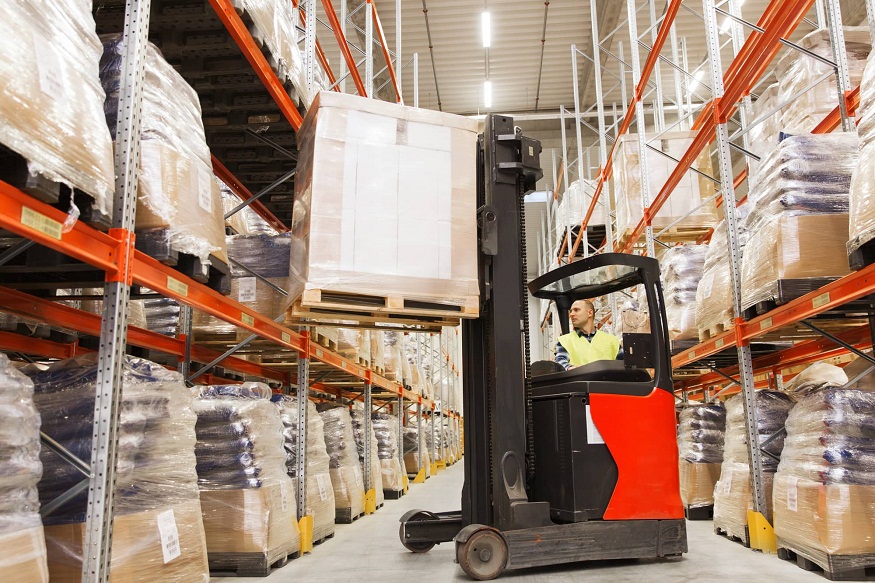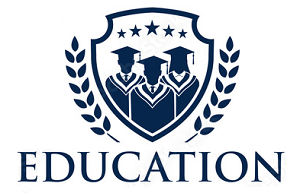
Guide to Forklift Course Certification and Skills
A forklift course is a specialized training program designed to teach individuals how to safely and effectively operate forklifts in various work environments. These courses are essential for anyone looking to work with forklifts, as they provide the necessary knowledge and skills to handle these powerful machines responsibly. In this article, we’ll explore what a forklift course entails, its contents, important considerations before enrolling, who needs certification, the benefits of taking such a course, and the different types of forklifts typically covered.
What is a Forklift Course?
A forklift course is a structured training program that combines theoretical knowledge with practical hands-on experience in operating forklifts. These courses are designed to meet safety standards and regulations set by occupational health and safety organizations. The primary goal is to produce competent and safe forklift operators who can efficiently perform their duties while minimizing risks in the workplace.
What is Covered in a Forklift Course?
A comprehensive forklift course typically covers the following areas:
- Safety Regulations and Guidelines:
– Overview of local and national safety standards
– Importance of workplace safety
– Personal protective equipment (PPE) requirements
- Forklift Mechanics and Operation:
– Basic forklift components and their functions
– Controls and instruments
– Proper starting and shutdown procedures
- Load Handling Techniques:
– Assessing load weight and stability
– Proper lifting, lowering, and stacking techniques
– Load center and capacity calculations
- Workplace Hazards and Risk Assessment:
– Identifying potential hazards in the work environment
– Conducting pre-operation inspections
– Understanding and mitigating risks
- Maneuvering and Driving Skills:
– Proper steering techniques
– Navigating tight spaces and ramps
– Operating in various terrains (indoor and outdoor)
- Maintenance and Troubleshooting:
– Basic maintenance procedures
– Daily checks and inspections
– Identifying and reporting mechanical issues
- Fuel Types and Refueling Procedures:
– Understanding different fuel types (electric, gas, diesel, LPG)
– Safe refueling and recharging practices
- Emergency Procedures:
– Handling equipment malfunctions
– Fire safety and evacuation procedures
– Accident reporting and first aid basics
- Practical Training:
– Hands-on operation of forklifts
– Simulated work scenarios
– Skills assessment and evaluation
Things to Know Before Enrolling in a Forklift Course
Before signing up for a forklift course, consider the following:
- Prerequisites: Some courses may have age restrictions or require a valid driver’s license. Check these requirements beforehand.
- Physical Fitness: Operating a forklift requires a certain level of physical ability. Ensure you’re fit enough to handle the demands of the job.
- Course Duration: Forklift courses can vary in length, from a few days to several weeks. Consider your availability and the depth of training you need.
- Certification Recognition: Ensure the course is recognized by relevant industry bodies and potential employers in your area.
- Cost: Course fees can vary widely. Research different providers and consider the value offered in terms of training quality and certification validity.
- Training Facilities: Look for courses that offer a mix of classroom instruction and hands-on training with actual forklifts.
- Refresh Your Basic Skills: If you’re not confident in your math or reading skills, consider brushing up on these as they’re essential for understanding load calculations and safety procedures.
Who Requires a Forklift Course Certification?
Forklift course certification is typically required for:
- Warehouse Workers: Anyone working in a warehouse environment where forklifts are used.
- Construction Workers: Many construction sites utilize forklifts for material handling.
- Dock Workers: Port and dock employees often need forklift skills to load and unload cargo.
- Manufacturing Personnel: Factory workers involved in material movement and storage.
- Retail Employees: Some retail environments, especially large stores or garden centers, use forklifts.
- Logistics and Supply Chain Professionals: Those involved in inventory management and distribution often need forklift skills.
- Temporary Workers: Many agencies require forklift certification for temporary assignments in warehouses or factories.
- Self-Employed Contractors: Independent contractors working in industries that use forklifts.
How Can a Forklift Course Benefit You?
Taking a forklift course can offer numerous benefits:
- Increased Employability: Many jobs require forklift certification, opening up more employment opportunities.
- Safety Awareness: The course instills a strong sense of safety consciousness, reducing the risk of accidents.
- Confidence in Operation: Hands-on training builds confidence in operating various types of forklifts.
- Career Advancement: Forklift skills can lead to supervisory or management roles in logistics and warehousing.
- Higher Earning Potential: Certified forklift operators often command higher wages than unskilled laborers.
- Legal Compliance: Many jurisdictions require operators to be certified, and the course ensures you meet these legal requirements.
- Transferable Skills: Forklift operation skills are valuable across multiple industries.
- Reduced Workplace Incidents: Proper training leads to fewer accidents and equipment damage, making you a valuable employee.
- Understanding of Efficient Operations: The course teaches not just operation, but efficient work practices that can improve overall productivity.
- Personal Growth: Learning a new skill set can be personally rewarding and boost self-esteem.
Different Types of Forklifts Used in Forklift Courses
Forklift courses typically cover various types of forklifts to provide comprehensive training. Common types include:
- Counterbalance Forklifts:
– The most common type, used in warehouses and outdoor settings
– Available in electric, gas, and diesel variants
- Reach Trucks:
– Designed for narrow aisles and high stacking in warehouses
– Features an extendable mast for reaching high shelves
- Order Pickers:
– Used for picking individual items from high shelves
– Operator platform rises with the forks
- Pallet Jacks:
– Manual or powered devices for moving pallets in tight spaces
– Basic training often included in forklift courses
- Telehandlers (Telescopic Handlers):
– Versatile machines with extendable booms
– Used in construction and agriculture
- Rough Terrain Forklifts:
– Designed for outdoor use on uneven surfaces
– Common in construction and lumber yards
- Side Loaders:
– Specialized forklifts for handling long loads
– Often used in lumber and pipe industries
- Walkie Stackers:
– Pedestrian-operated forklifts for light to medium loads
– Used in smaller warehouses or retail backrooms
- Articulated Forklifts:
– Feature a pivoting chassis for extremely tight turns
– Ideal for very narrow aisle operations
- Container Handlers:
– Large forklifts designed for moving shipping containers
– Primarily used in ports and large logistics centers
A comprehensive forklift course will typically provide exposure to several of these types, focusing on the most common ones used in local industries. The diversity of forklift types covered ensures that operators are versatile and can adapt to different workplace requirements.
In conclusion, a forklift course is an invaluable investment for anyone looking to enter or advance in industries that utilize material handling equipment. It provides essential skills, enhances safety awareness, and opens up numerous career opportunities. By understanding what these courses offer and the types of forklifts they cover, individuals can make informed decisions about their training and career paths in this vital sector of the workforce.





